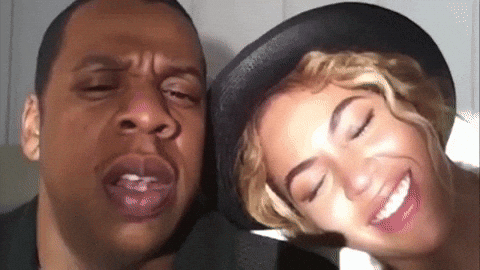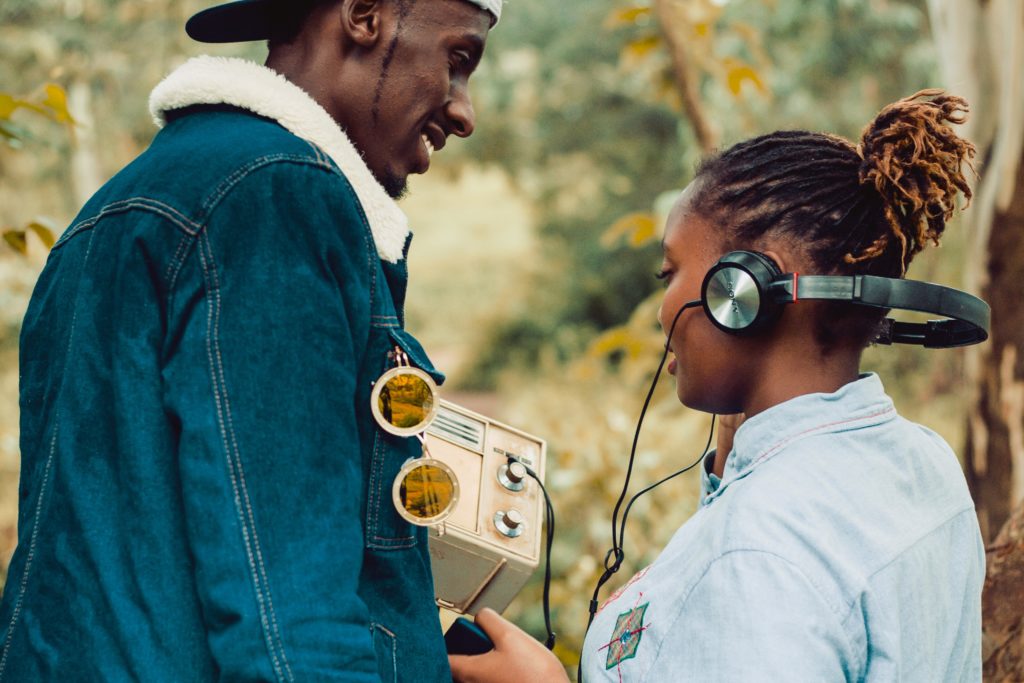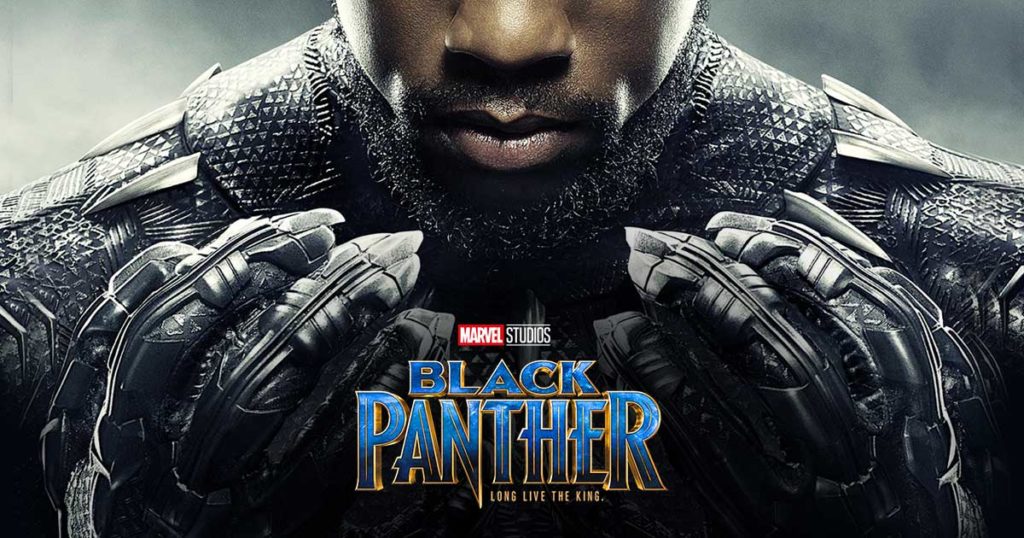Honestly, I’ve been struggling with this question for months now. To me, it seems like a question with an obvious answer, but this is somehow untranslatable to the white masses (see posts on generalizations). A few months back, I asked DJs to start looking into Black music to play for the last hour-ish of the night for the venue that I run. I honestly thought that I would say the statement, they would nod their heads, and I would get what I was looking for. And yet after three playlists, one chart, descriptors, and months upon months of trying, people are still confused. I take pride in the fact that, the majority of the time, things are reasonably translatable with a little bit of thought, culture to culture. But this one somehow just mystifies people. On my end, it seems so obvious to me. I don’t know how to break it down for others and I have been thinking on it for months. A recent post brought this thought back to the forefront for me, and I decided that it was finally time to actually tackle this issue.

So, what is Black music? Is it music where the artist is Black? Is it music where the artist is brown but not African-American? Is it music where the artist is mixed? Does that count? Does it count if they’re just African and not African-American? Can white people play Black music? Is a cover Black music? And the real question: was Taylor Swift’s cover of “September” Black music?”
Contrary to popular belief, singing a song written by Black people does not make it Black music, nor does just being Black or brown or African, necessarily, make it Black music. Since, technically, genres are arbitrary and there’s no real distinction between types of music, I suppose you could say that all music is Black music or Black-derivative music, or you could say that none of it is. But for the focus of this article, we’re going to be a little more realistic and less philosophical. So let’s take a look at what makes Black music.
First of all, let’s handle the race thing. It doesn’t matter what color you are. It just doesn’t. If you are confused about this, watch this video.
Your race doesn’t matter as long as you adhere to the tradition.
It is complicated.
Let’s look at two artists: Little Dicky and Eminem.
At least TWO of Little Dicky’s videos ( Here and Here) are about him wanting to do rap “his way”. His rapping is “funny” because he goes against Black stereotypes and gets away with things by being white. At the same time, he uses the very same stereotypes he rails against in his videos. To me, he is closer to a parody artist and although he gets the “art” he is missing all of the depth that is also part of the tradition.
On the other hand, there is Eminem. He is white, and his upbringing is different and than many Black kids he keeps within the tradition of the art form while carving out his own space as being quirky and problematic. At no point does he use his whiteness as an excuse for why he can’t stay within the tradition. Unlike Dickey, Eminem takes his craft seriously and works hard to continually push forward as an rap artist in the art form. This is why it is not race or color that matters in terms of Black music but, instead, tradition and cultural education. Now that we’ve got that out of the way, let’s focus on the tradition.
As we all know, African-American culture is distinct and different from both of the cultures that strongly influence it: African cultures, specifically West African, and White American culture. It is a mix of our African heritage with slavery, and having portions stripped away by white Americans that creates the unique culture that is African-American culture. Our music is a representation of that. So, sorry, friends, there are cultural norms and values behind different types of music from Africa, and different cultural norms and values behind different types of music of recent White America, and there are different cultural norms and values behind different types of music that come out of Black America. Which is why I say that there is such a thing as specifically Black music: a shorthand for music based in African-American history and culture.

Below is a list of qualities that regularly present in African-American music. While some of these ideas can be found in other music, it’s the layering of ideas that separates this from other genres.
-
An emphasis on drums and rhythms, be that drum machines or actual drums
-
Lyrical content that matters and often tells a story
-
Singers often started as gospel singers, and that way of singing carries into their music
-
Background singers, humming, improvisational
-
Harmonies
-
Rhythmic variation
-
Piano/organ
-
Men who sing falsetto
-
Women with low voices
-
Singers play around with notes and slide between notes while singing
This is not an exhaustive list, just the ideas I could think of off the top of my head. This is not to say that no other styles of music have these qualities, but that most types of Black music have MANY of them.
If you are struggling to figure out what distinguishes African-American music from other genres, I’d suggest listening to more music. Consider listening to a song a day, or a playlist that knowledgeable people recommend.
What else defines Black music to you?


